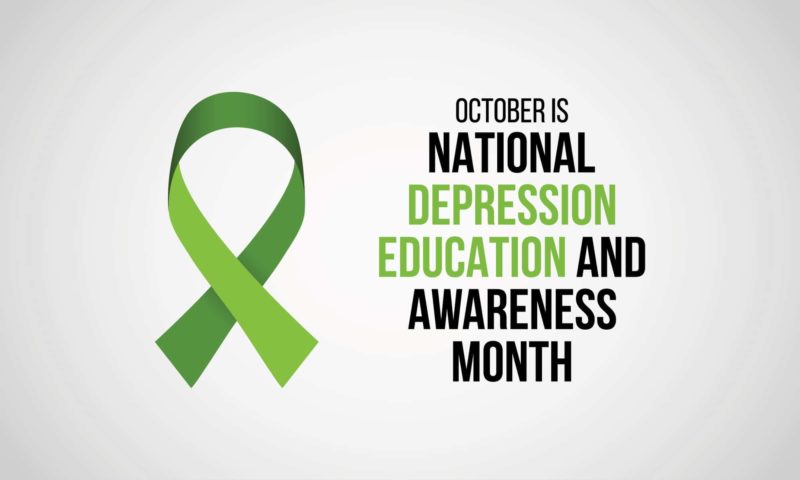Individual Counseling And Depression Screening

Individual counseling is the best primary course of treatment for depression. October 7 is National Depression Screening Day, which aims to bring depression into the light and help those who need it.
According to the National Institute On Mental Illness, 19.4 million adults in the U.S. have had at least one major depressive episode. In 2009, the U.S. Preventive Services Task Force updated its recommendations on screening. It now recommends that all adults should be screened for depression as part of primary care.
Five Signs of Depression
1. A feeling of Emptiness.
Most people think of depression as sadness, and that can certainly be one symptom, but one big hallmark of depression is an empty feeling.
2. Irritability
Depression frequently causes feelings of excessive irritability or restlessness.
3. Difficulty Concentrating
Focusing on tasks and making decisions can be difficult with depression.
4. Unexplained Weight Loss
If you lose a significant amount of weight without dieting or trying to, it could be due to depression.
5. Suicidal Ideation
Regardless of whether or not you have an actual plan, if you find yourself wishing for death or thinking about suicide, please seek help immediately.
A Polyvagal Approach To Depression
According to Polyvagal Theory, depression is not so much a mental disorder as an adaptive response to adversity. When we approach depression as a disease of irrational suffering, we contribute to stigmatization and feelings of hopelessness for people who experience it. When we understand that it actually happens for a good reason, however, we remove the shame and make room for healing
Depression is an aspect of our biological defense mechanisms that is meant to help us survive trauma. Specifically, it is a product of a biological strategy called immobilization, which occurs when a perceived threat or lack of safety goes on for so long that the Autonomic (automatic) Nervous System (ANS) determines it cannot fight or flee, so it must freeze or faint.
Anxiety studies have shown that there are many modern triggers for the fight or flight response. Stressors from school work to economic instability set off this response but generally don’t resolve quickly like a face-off with a lion. Eventually, the body determines that it can’t escape the triggers, so it initiates the immobilization response. Depression is the emotional and cognitive symptoms associated with the physiological immobilization response.
Knowing that depression is essentially the emotional expression of the immobilization response gives us a path for healing through moving out of that defensive state. This is accomplished through strong, supportive social connections and individual counseling.
Individual Counseling For Depression
More than one in ten adults in the US take antidepressants. Almost 85% of these psychiatric medications are prescribed by primary care physicians, nurse practitioners, and physician assistants in very short and brief office visits. These providers may or may not have the specialized training necessary to create comprehensive depression treatment plans and are pressed for time.
Antidepressants have warnings about potentially dangerous side effects. They can be difficult to stop taking, with significant withdrawal symptoms. Studies have found that most SSRIs do not just decrease negative emotions, but dampen all emotions for many patients, including love, happiness, and joy.
In many cases, the benefits outweigh the risk and are very helpful. Please don’t just stop taking psychiatric medicines. Drugs should not be the first or only line of depression treatment, however. Taking pills may seem like a quick and easy solution to low moods, but drugs are not a panacea for depression treatment. In individual counseling, you take the time and effort to develop brain-healthy habits, build skills, and understand and address your nervous system needs while changing negative behavior and thought patterns. This results in real and lasting results.
If you are suffering, please don’t wait. For more information about depression treatment or individual counseling for anxiety or trauma, call Take Charge, Inc. at (913) 239-8255 or click here to schedule an appointment.
E-News Signup
Increase your emotional intelligence by signing up for the brief monthly eNews with Terri’s emotional intelligence tips and info.
FORM WILL GO HERE...
